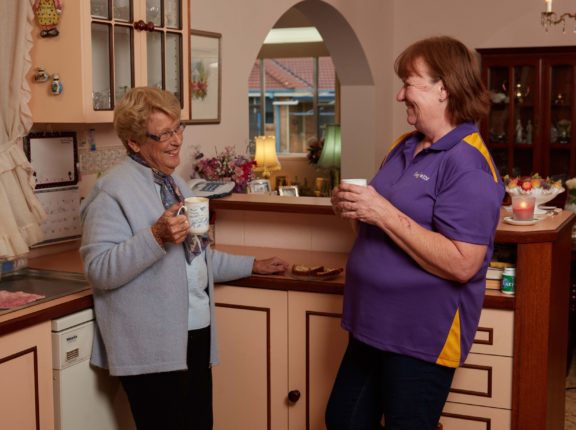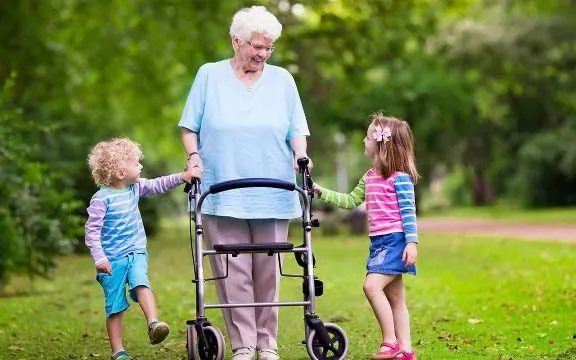According to the Continence Foundation of Australia, one in four people aged over 15 years have a bladder control problem and the majority of these people (70%) never seek help – but it doesn’t need to be this way.
Let’s talk about poor bladder control
While some may find it uncomfortable to talk about, it’s important that we bring it out into the open, so no one needs to suffer in silence.
Although Poor bladder control or bladder incontinence can happen to anyone, it is more likely to be experienced by women and older people. If you find you are prone to accidents or are leaking urine; if you need to rush to get to get to the toilet on time; or if you find you need to plan your day around locating the nearest toilets, you may have a bladder control problem.
And if you struggle with poor bladder control, it’s important to remember that you are not alone and help is available.
Continence with Confidence
LiveBetter is facilitating a free continence information session for people aged over 65 in Orange. The session will be provided under the Commonwealth Home Support Program (CHSP) and led by LiveBetter’s team of Registered Nurses.
Attendees will learn about continence health and management, find out what is involved with a Continence Assessment, and participate in a Q&A.
There will also be an opportunity to learn about Support at Home, the Australian Government’s new approach to delivering home care services, set to roll out on 1 July 2025.
Session location and time:
- Orange: Wednesday, 5 March 2025, LiveBetter Orange 4C Theatre, 107 Prince Street, 10 am -12 pm.
To find out more, or to register, call us on 1800 580 580.
Good bladder habits for everyone
For those of you who are unable to attend a session, here are some simple tips that may help.
Step 1 – Drink plenty of fluids, especially water, and try to cut down on drinks that contain alcohol or caffeine as these might irritate your bladder.
Step 2 – Eat a balanced and nutritious diet, and include plenty of vegetables, fruit, legumes (beans), grains, nuts and seeds every day. This will increase your fibre and help you go to the toilet regularly. Remember – if you’re increasing the fibre in your diet, drink more water to prevent constipation.
Step 3 – Stay active. 30 minutes of physical activity such as brisk walking most days will help keep your bowels regular.
Step 4 – Look after your pelvic floor muscles and keep them strong with daily pelvic floor muscle exercises. A pelvic health physiotherapist or specialist continence nurse can check that you are doing these the right way
Step 5 – Follow these toilet tips:
- Don’t go ‘just in case’. Try to go to the toilet only when your bladder is full. Going to the toilet just before you go to bed is fine
- Take your time. Relax when you are on the toilet. This helps your bladder to empty fully.
- Do not strain when going to the toilet as this can weaken your pelvic floor muscles.
Ask for help
If you are experiencing poor bladder control, don’t be afraid to ask for help. Speak with your medical practitioner or call the National Continence Helpline 1800 33 00 66.
To learn more about LiveBetter’s Continence with Confidence Sessions, or to register to attend, call 1800 580 580. Please have your My Aged Care number ready if you have one.




